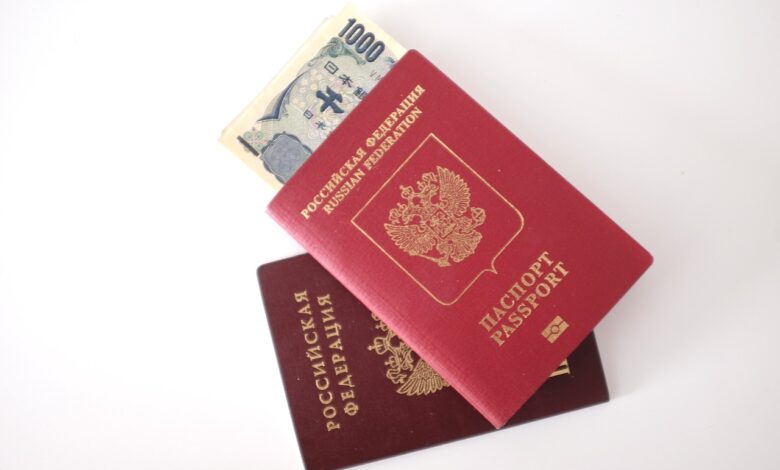Residency and Citizenship
Requirements and Process for Swiss Citizenship.

Obtaining Swiss citizenship is a structured process with clear requirements, but it can be time-consuming. Here is an overview of the key requirements and steps involved:
1. Types of Swiss Citizenship
a. By Birth or Descent
- A child automatically becomes Swiss if:
- At least one parent is a Swiss citizen, regardless of birthplace.
- Born in Switzerland to non-Swiss parents who meet specific residency criteria and later apply.
b. By Naturalization
- There are two forms:
- Ordinary Naturalization: For long-term residents meeting specific criteria.
- Facilitated Naturalization: For spouses of Swiss citizens, children of Swiss citizens living abroad, or other special cases.
2. Requirements for Ordinary Naturalization
To apply for Swiss citizenship through ordinary naturalization, you must meet the following criteria:
a. Residency
- Minimum Total Residency:
- 10 years of residence in Switzerland.
- Years between the ages of 8 and 18 count double (up to a maximum of 4 years).
- Continuous Residency:
- At least 2-5 years in the same canton or commune before applying, depending on local laws.
b. Integration
Applicants must demonstrate:
- Knowledge of a Swiss national language (German, French, Italian, or Romansh) at B1 (spoken) and A2 (written) levels.
- Familiarity with Swiss culture, values, and way of life.
- Adherence to Swiss laws and participation in community life.
c. Financial Stability
- No outstanding debts or dependency on social welfare during the application period.
d. Clean Criminal Record
- No serious criminal offenses or ongoing investigations.
3. Process of Naturalization
The naturalization process involves federal, cantonal, and communal levels, and it can take 2–4 years.
a. Pre-Application Steps
- Confirm Eligibility:
- Check residency and integration requirements specific to your canton or commune.
- Language Proficiency:
- Obtain a recognized certificate (e.g., DELF, Goethe, or other approved tests).
b. Application Submission
- Submit your application to the cantonal naturalization authority, including:
- Proof of residency and language proficiency.
- Supporting documents like a CV, birth certificate, and police clearance.
- Fees (varies by canton, typically CHF 1,000–3,000).
c. Interviews and Assessments
- Attend an interview or oral examination to test your knowledge of:
- Swiss history, geography, politics, and culture.
- Local customs and traditions.
- Authorities may visit your neighborhood to verify integration into the community.
d. Decision Process
- The application is reviewed and approved by:
- The Commune (local level): Checks local integration.
- The Canton: Verifies general requirements.
- The Federal Government: Conducts final approval and checks for national security concerns.
e. Citizenship Grant
- If approved, you receive a certificate of Swiss citizenship.
- Attend a citizenship ceremony in some communes.
4. Requirements for Facilitated Naturalization
- Spouses of Swiss citizens:
- Must be married for at least 3 years.
- Reside in Switzerland for 5 years or live abroad but have close ties to Switzerland.
- Fees are usually lower, and the process is faster (1–2 years).
5. Dual Citizenship
- Switzerland allows dual citizenship, but some countries may require you to renounce your original nationality. Check your home country’s laws.
6. Costs
- Total costs vary by canton and commune, typically ranging from CHF 1,000 to CHF 5,000, including administrative fees and language tests.

